
Neoantigen is a bridge that connects tumor genome and T cell immune response, and is the key to realizing the transformation of "diagnosis" and "treatment" products for tumor precision immunotherapy.
Cross-validation of results by integrating multiple methods is unique to YuceBio
The neoantigen test algorithm TruNeo™ is the only algorithm in China that has been validated by TESLA
In common neoantigen algorithms, after the genomic mutations determined in each analysis stage have been screened, the number of peptides that are finally validated to be immunogenic is less than 10%. The TruNeo™ intelligent machine learning algorithm independently developed by YuceBio incorporates multiple factors in the biological pathways of neoantigen presentation and recognition, making the test of neoantigens more accurate. The neural network deep learning algorithm is also added for optimization. After years of efforts by TESLA and the Ladder for Cancer Moonshot Research Institute, YuceBio has an experimentally validated negative and positive neoantigen database and a shared neoantigen database, which can increase the number of peptides predicted.
Collect peripheral blood to validate the presence of neoantigen-specific T cells in PBMC.
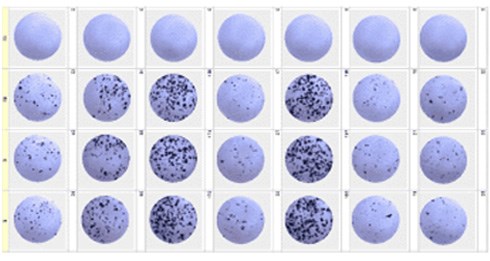
High-throughput in vitro validation: Validate the immunogenicity of neoantigen, and obtain the sequence of the CDR3 region of TCR with affinity
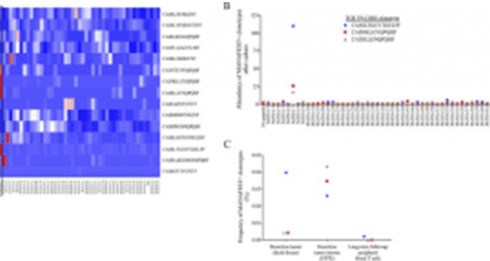
Used in preclinical study to evaluate the efficacy of personalized immunotherapy with tumor neoantigen
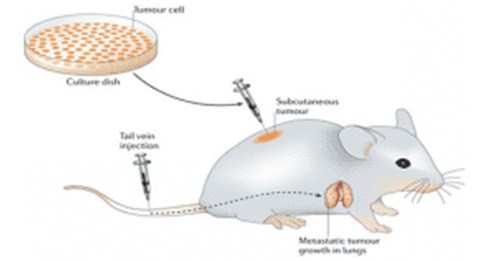
Tumor cell line expression database: CCLE 1,000+
Chinese population HLA database: 20,000+
Cancer patient database: ICGC 1,000,000+/Chinese population 1,000+
High-frequency tumor neoantigen database
Protein MS data for colon cancer
Anchor residue database
MHC recognition/TAP transport/protease cleavage database
Neoantigen database derived from hematological tumor fusion genes
TESLA and own validation data
HPV virus neoantigen database
AI MS validation data
The Ladder for Cancer Moonshot database and other own databases
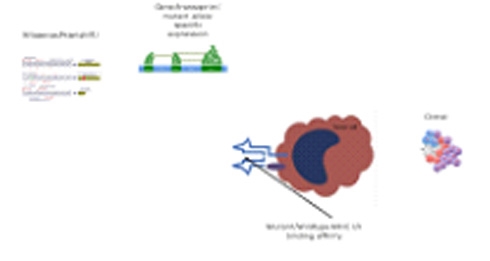
Relying on huge databases and a powerful bioinformatics technology and computing resource platform, the first Chinese prediction platform for all types of neoantigens (type I and type II MHC presentation, indels, and fusion-derived neoantigens) has been established.
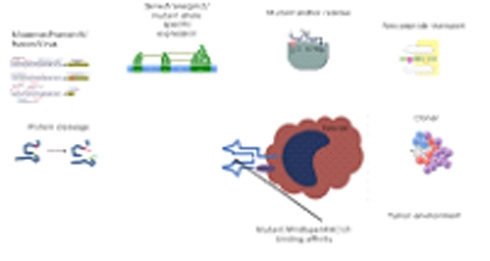
Based on the TESLA validation data optimization algorithm, the algorithm accuracy has reached the world's leading level.
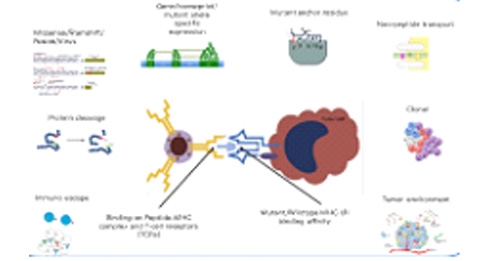
The functional modules are continuously optimized. Established the only system algorithm model that covers all biological aspects of the tumor neoantigen production process in China.

Established the first neoantigen algorithm model based on deep learning in China.
 MGI DNBSEQ-T7
MGI DNBSEQ-T7
 MGI MGISEQ-2000
MGI MGISEQ-2000
 NanoString nCounter® FLEX
NanoString nCounter® FLEX
 NanoString GeoMx® Digital Spatial Profiler
NanoString GeoMx® Digital Spatial Profiler
 Agilent NovoCyte® Flow Cytometer
Agilent NovoCyte® Flow Cytometer
 Leica Bond-RX Fully-Automated Slide Stainer
Leica Bond-RX Fully-Automated Slide Stainer
 Akoya Vectra Polaris™ Fully-Automated Quantitative Pathology Imaging System
Akoya Vectra Polaris™ Fully-Automated Quantitative Pathology Imaging System
 Dako Fully-Automated Immunohistochemical Staining System
Dako Fully-Automated Immunohistochemical Staining System
Relying on the Central Lab service platform of YuceBio, many scientific researchers will be able to efficiently apply the nCounter technology and TIS (tumor inflammation signature) to a large number of clinical samples to conduct in-depth analysis on the complex tumor microenvironment and cell signaling pathways.
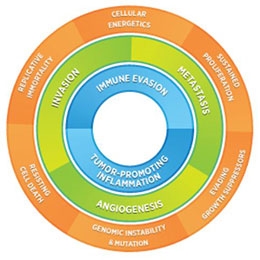
Developed by NanoString, PanCancer IO 360™ gene expression panel can detect the expression of 770 genes and is for research use only (RUO). It combines important parts involved in the complex interaction between tumor, microenvironment, and cancer immune response to provide information on the characterization of various aspects of disease biology and the mechanism of immune escape.
More efficient: 770 genes and 18 immune signaling pathways
More precise: 48 biological signatures
Faster: Report in 24 h
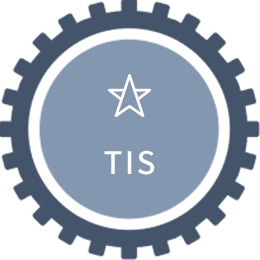
Derived from the clinical data of Merck and validated in pan-cancer, TIS can predict the response to PD-1 antibody monotherapy K drug (Pembrolizumab) through the GEP data prediction of 18 genes.
It quantifies the strength of the peripherally suppressed adaptive immune response in the tumor microenvironment.
YuceBio can provide services related to in-situ expression analysis of multi-omics tissues with high-throughput, multi-omics, and flexible selection of regions.
GeoMx™ DSP is a brand new technology platform for space biology research released by NanoString. It can simultaneously achieve high parameters, multi-omics, and high precision while maintaining compatibility with paraffin samples (FFPE), fresh frozen samples, tissue microarrays, and other sample types. It can assay up to 96 proteins, 1833 RNA targets, or the whole transcriptome at one time in the same clinical sample, making it perfect for multi-omics study.
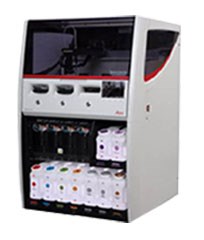
▪ Leica Bond-RX Fully-Automated Slide Stainer
▪ High stability without manual staining
▪ High repeatability with controllable program
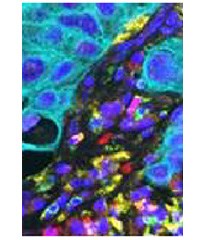
▪ Multicolor immunohistochemistry and immunofluorescence
▪ Opal™ multi-labeling kit
▪ TSA Plus™ signal amplification
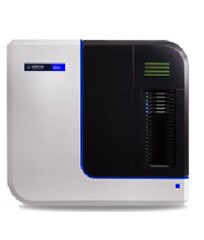
▪ Specific tissue type and TMA tissue chip
▪ Vectra automated imaging
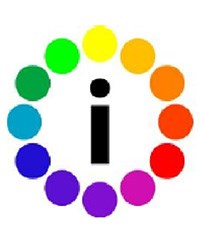
▪ Artificial intelligence, machine learning
▪ InForm Tissue Finder™ software can be combined with the given examples for data optimization
Copyright©2021
Shenzhen yucebio Technology Co., Ltd. all rights reserved
Yueicp no.16128839

